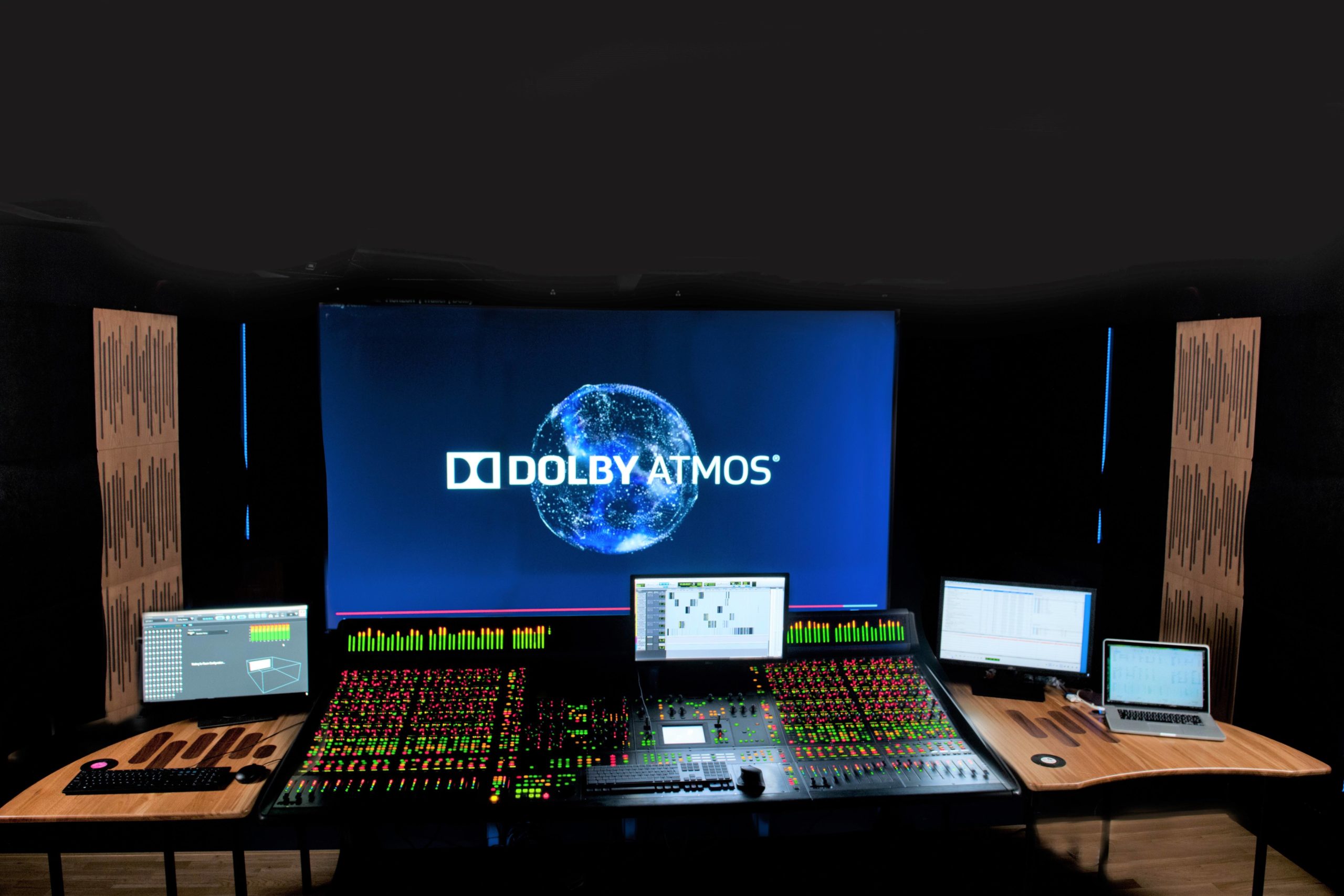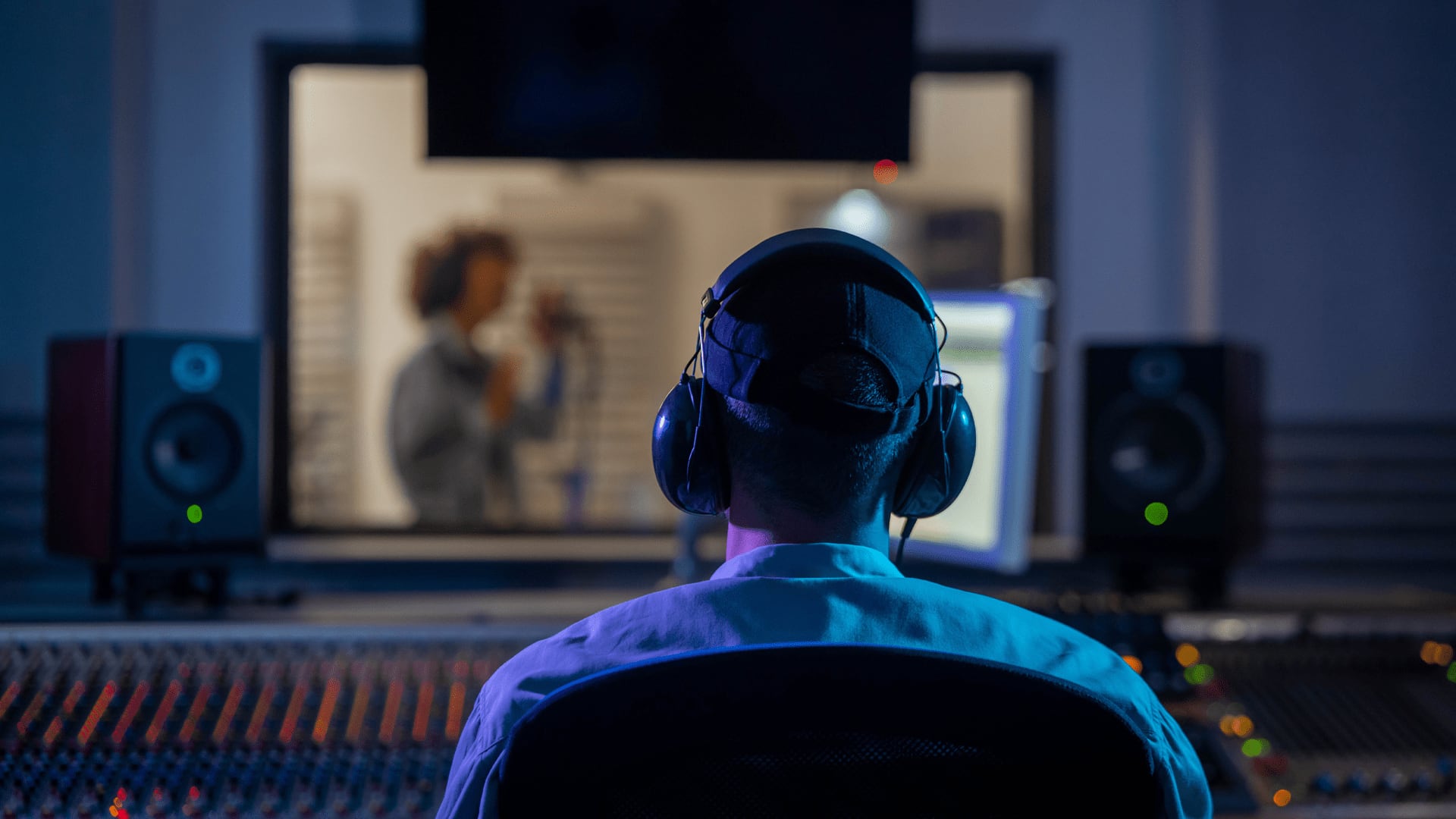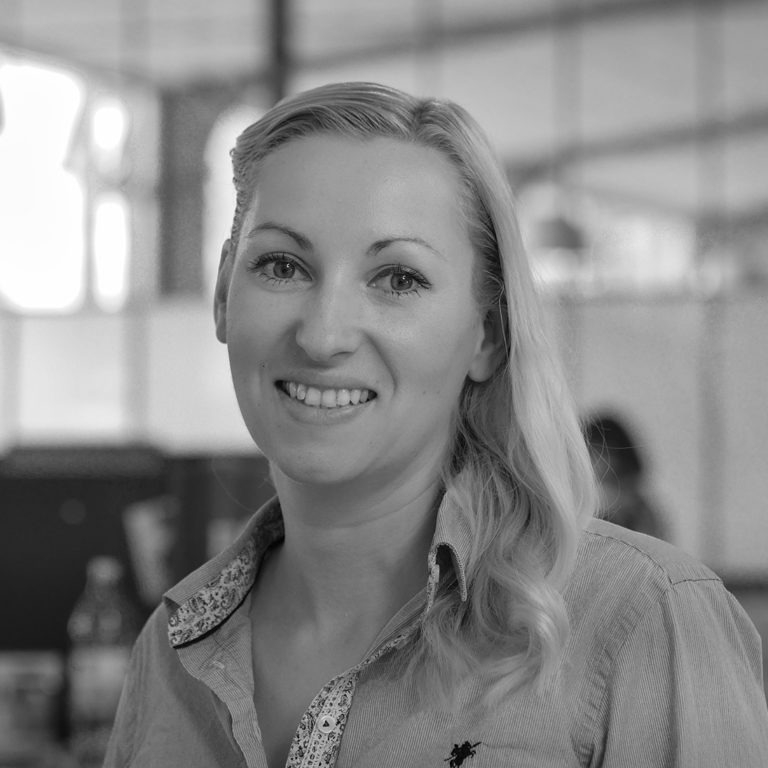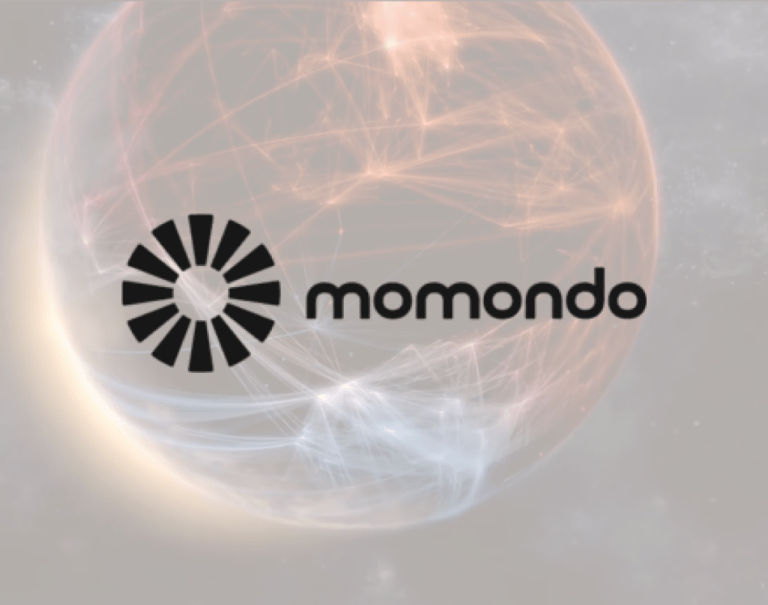How do you become a dubber?
Dubber, voice artist or voice actor? Dear child has many names, and no matter what you call it, it can be difficult to know how to get off to a good start. We would of course like to help with that. As with ordinary acting, it requires training and hard work.
We will give you an insight into what a dubber is, when to use dubbing in your video content and how to start your career. All in all, we will equip you with how to become a dubber so that you can succeed in a career in voice acting.
Find the right voice here or let us help you!
Our team of experts are ready to help you
- 20 years of experience
- Help cast the perfect voice
- Make sure your project is a success
- Call us at +1 (929) 923 77 16
What is a dubber?
A dubber is a voice actor who uses his voice to voice lines in another language that replace the original soundtrack. You must try to get as close to the original character as possible so that it appears natural. It is therefore part of the dubbing process, and it is very widespread throughout the world – especially in connection with films and cartoons, but also in connection with gaming, e-learning, advertising etc.
A dubber is not shown on the screen and must therefore make sure to deliver a line that cannot be misunderstood. The path to becoming a dubber can vary greatly from person to person. Many professional actors that you see in films or in TV series and plays also do dubbing work in connection with large international film productions. However, that shouldn’t stop you from dabbling in voice acting. Several can still have a successful career in dubbing work.
If you want to know more about dubbing, you can read a lot more about it via our post “What is dubbing?”.
When is a dubber needed?

A dubber is needed in many different contexts when it comes to video content, but you just don’t know it. If you can see or hear dubbing, the job has not been done well enough. The goal is that a skilled dubber and the production behind it can hide the fact that it is dubbing, so that the ordinary user cannot see it. It should be as natural as possible.
Dubbing can be used in:
- films and cartoons that are translated into the audience’s native language for better empathy and understanding of the story
- international advertising, product launches and campaigns to reach a larger audience in several languages
- gaming and video films, where subtitles can be a disturbance for empathy and focus
- profile film and corporate content, which helps to create authenticity for the recipient
- e-learning videos and information material, where you must be sure that employees and citizens understand the message and content.
Especially in our globalized world, there are many applications for dubbing, where localization is especially essential. People want the natural and organic, where a message is sent efficiently and smoothly all over the world and preferably in the recipient’s language. In that regard, subtitles are good, voiceovers are better, and dubbing is best.
How to become a professional dubber

Properly prepared dubbing is an art in itself, and a lot of work goes into doing the process correctly. To fine-tune your skills and abilities, there are several things you can do.
Start with classes in acting
It may seem strange to have to take hours in acting as a dubbing when you won’t be seen on screen anyway, but as a dubbing you still have to follow a script. You learn to get into your character, and therefore you can deliver your lines better with more empathy.
Use a voice coach
No matter how experienced you are in working with your voice and as a dubber, it is a great advantage to have a good voice coach to help you. A voice coach can help you deliver authentic lines to suit your voice.
Practice, practice, practice
Practice your voice skills and the tools you have gained from your acting classes and your voice coach. Your dubbing skills only improve with practice. So set aside time every day to do a recording or two so you can try out different scripts or characters – even if you don’t have an audition in the near future.
Make demos for agencies
Bureaus and agencies can make it easier for you to land dubbing jobs, where they e.g. will be responsible for auditions and castings and thus listen on behalf of the customers when they are looking for a dubber. It will therefore be obvious to send your demo to as many relevant agencies as possible, where you show your range in voice acting.
Go to auditions
The best dubbers go to a lot of auditions, so it can be a good idea to go to as many auditions as possible at the start of your career – both to train your skills, expand your network and possibly land a job. It may also be that potential employers will remember you in the future and consider you there.
Take unpaid jobs
Although it’s not the most appealing thing to do, you can see it as an internship by taking unpaid dubbing jobs. It can be both difficult and scary to start in a new field, and here you get the opportunity to show yourself off. Here you can show your worth, test your talents, expand your network and train your skills. If you are good, those involved will contact you again or recommend you to their network.
Build and nurture your network
A good network within the same industry increases your chances of getting a dubbing job. When you go to castings, try out new jobs or talk to someone about jobs, you get more opportunities to expand your network. It can be scary, but it will help you in the end – whether it’s physical or online. You never know where your next referral or recommendation will come from
Is a dubber and a voiceover artist the same thing?

We can understand if you are reading this post and have doubts about the difference between a dubber and a voiceover artist, which we also call a voice artist here at VoiceArchive. On the surface, the two concepts are very similar and can easily be confused. But you must not think that they are synonyms.
A voiceover tends to be more narrative in nature and should not capture the original tones of the voice actors. It also doesn’t have to be 100% in sync with the character’s mouth and movements. Conversely, dubbing must not only replace the original dialogue, but also the emotions behind it, and therefore it requires a dubber who can familiarize himself with the words and their meaning. You can read much more about what a voiceover is via our post here.
Simplistically, you can say that a voiceover artist must communicate the message, but not the feelings behind it. A dubber, on the other hand, must. A dubber should try to match the original character as much as possible so that it appears natural.
VoiceArchive – experts in voiceovers
At VoiceArchive, we do not work directly with dubbing and dubbers, but rather are experts in voiceovers. It is our sister company ADRENALINE that you should get hold of if you are interested in dubbing or need help with a dubbing project. If, on the other hand, you would rather be a voice artist and work with voiceovers, you can apply to become a speaker.
Have questions or need help?
We are ready to help you. With 20 years of experience we’d be happy to share our knowledge about the world of sound and voice overs, and ensure a smooth and effective process for your next voice over project.

Anna Sticken
Global Key Account Manager


